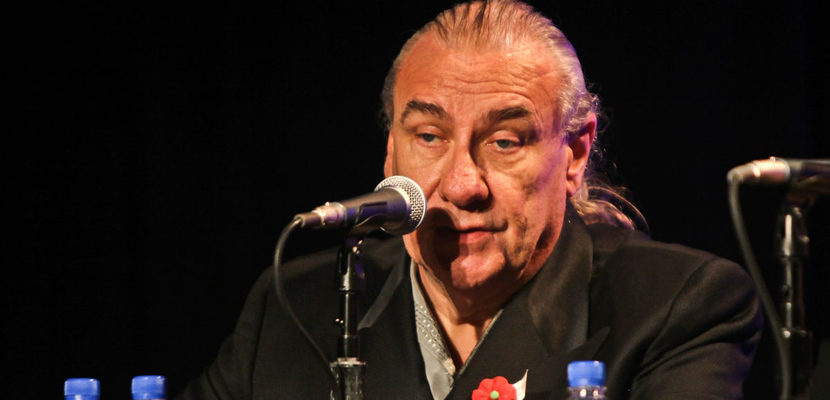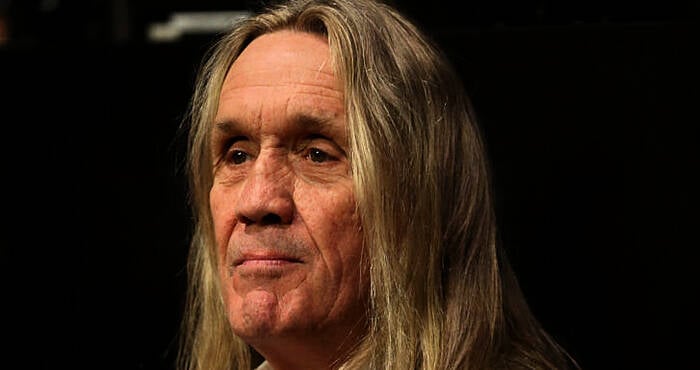BREAKING: Black Sabbath Drummer Bill Ward C…read more.
For Black Sabbath fans, Bill Ward isn’t just a drummer he’s a cornerstone of the band’s sound, the man who laid down the rhythmic foundation for some of the heaviest and most influential songs in rock history. And in a recent, heartfelt conversation, the 77-year-old music legend made it clear: in his eyes, no one could ever truly take his place.
“It’s not just about the drumming,” Ward said softly, his voice carrying both warmth and conviction. “It’s about the life we lived together, the bond we built, and the experiences we shared. You can teach someone to play my parts, but you can’t teach them what it felt like to create them.”
Ward’s story is deeply tied to the birth of heavy metal. In late-1960s Birmingham, he joined forces with guitarist Tony Iommi, bassist Geezer Butler, and singer Ozzy Osbourne to form Black Sabbath. Together, they didn’t just write songs they created an entirely new sound. And at the core of that sound was Ward’s unique approach to drumming: heavy enough to match the crushing riffs, but loose and swinging enough to give the music a pulse that made it groove as much as it thundered.
From the ominous first beats of “Black Sabbath” to the intricate ride-cymbal work in “War Pigs” and the driving rhythm of “Paranoid,” Ward’s style became instantly recognizable. It was rooted in jazz and blues, full of subtle fills and unexpected accents that set Sabbath apart from their peers.
Over the years, Ward faced serious health challenges including heart problems that sometimes forced him to step away from the band’s tours. But even during those absences, his influence was impossible to ignore. Fans knew the difference. “Bill’s swing is the soul of Sabbath,” one longtime listener posted online. Another added, “Plenty of drummers can play the songs, but only Bill makes them breathe.”
Ward’s bandmates have long acknowledged his irreplaceable role. “Bill’s not just a timekeeper he’s part of the conversation,” Tony Iommi once said. “The way he interacts with the guitar lines gives the songs their character. You can’t just drop someone in and expect it to be the same.”
Ward himself is quick to point out that his connection to Sabbath’s music isn’t something that can be manufactured. “Every beat came from somewhere real,” he explained. “It came from Birmingham, from our lives, from the way we felt back then. That’s not something you can just re-create in a rehearsal room.”
When asked whether he’s considered stepping away from music entirely, Ward smiled knowingly. “I’ve slowed down, of course. But music’s still in me. As long as I can sit behind the kit and give it my heart, I’ll keep going. When I do stop, I want people to remember me for what I gave not for someone trying to pretend to be me.”
These days, Ward isn’t touring with Black Sabbath, but he remains active with his own projects and stays closely connected with fans. Many credit him as a direct inspiration for picking up the drums themselves, and his legacy continues to ripple across generations of musicians.
For those who grew up with Sabbath’s music, Ward’s recent comments are more than just a statement of fact they’re a reminder that some things in music can’t be replaced. You can play the same notes, you can follow the same patterns, but you can’t replicate the chemistry, the history, and the human soul behind them.
And in the heartbeat of Black Sabbath, Bill Ward’s rhythm is permanent a sound, a feel, and a presence that will always be uniquely his.



